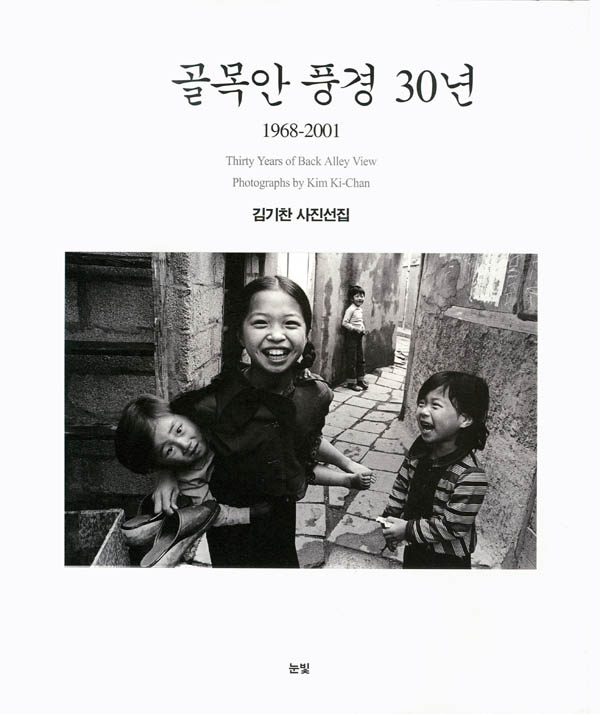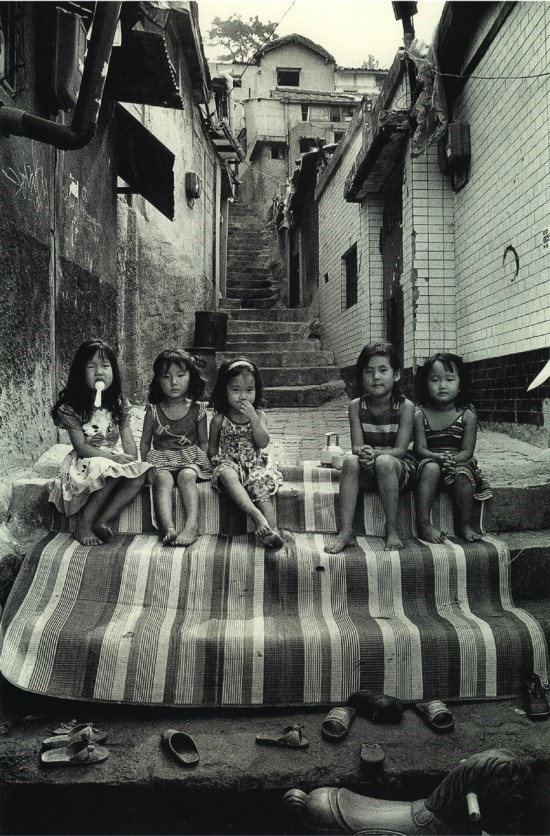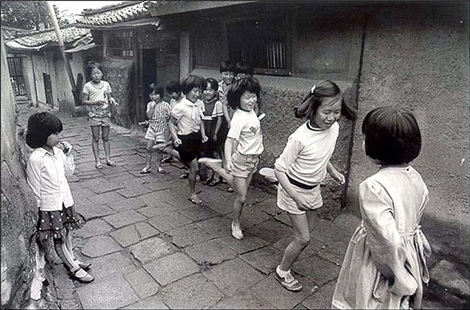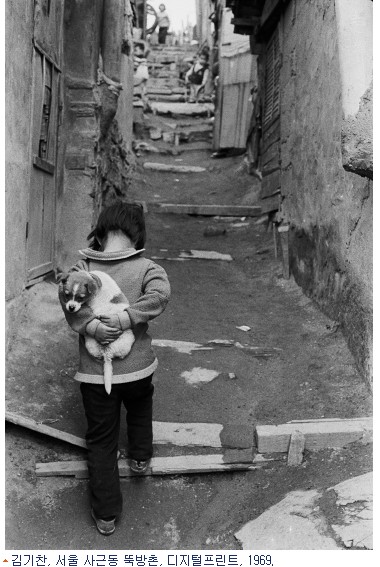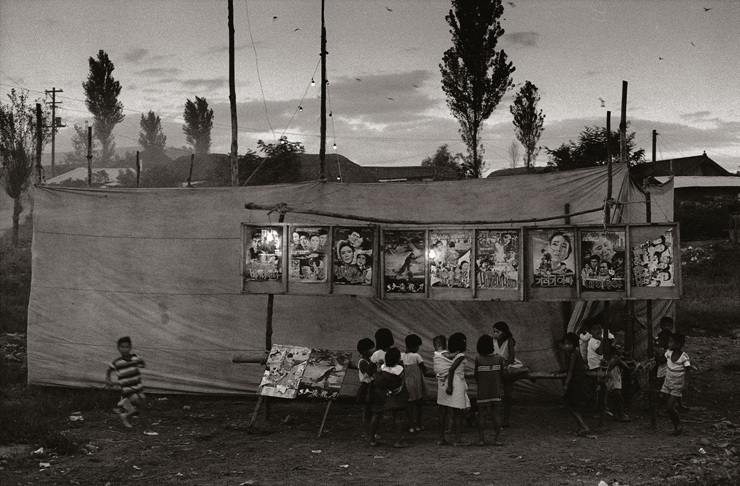
What is obvious in many countries is still not obvious in India. Girls are not educated and get married at an early age. Widows are not permitted to remarry. It sounds like Joseon Dynasty of Korea 500 years back.
In spite of difficulties under a new circumstance, Koly learns to read, refines her embroidery skills, and treats people heartily. Don't complain and think constructively. Get yourself ready for the chance that will come to you at any time no matter what.
Based off of the tradition, Koly's parents made an arranged marriage for her. She's too young to get married. Besides, her family has to offer dowry to her in-laws. (A girl is not just another mouth to feed, but a good worker to labor around house.) Worse yet, the groom is younger than her and sickly.
Hari, her husband, dies from tuberculosis soon after the marriage. Her in-laws' last resort was to take their son to Varanasi to get healing power from the holy river Ganges. They needed her dowry for the travel expenses to Varanasi.
Her father-in-law is a nice person who teaches students. He teaches her to read and introduces the great poet Tagore's poems. Her mother-in-law is not a nice woman. Chandra, her sister-in-law, becomes a good friend.
Unfortunately, Chandra leaves after marriage, and her father-in-law dies. Her mother-in-law takes Koly to a temple for widows. Koly is abandoned there and doesn't know how to live in a distant city.
Raji, a rickshaw driver, takes her to a widow's home. She gets a job and makes friends. She teaches Raji to read and they become friends at a riverside place for two of them. Koly gets an embroidery job thanks to her dowry quilt. Raji no longer comes to learn and Koly waits for him in the front yard.
Raji returns and asks her to marry him. He went back to his village to fix his farm and build a house to live in. She is embarrassed since she doesn't have any money for dowry and she is a widow. Raji says he doesn't care about money and he wants someone he can talk to.
Raji tore up some reeds and tossed them into the river. "I don't want to marry a handful of rupees. Can I come to my house at the end of a day in the fields and talk with rupees? Can I bring up my children with rupees for a mother to watch over them? My maa and baap lived in the same house, but no word passed between them except when my maa offered a second helping of rice to baap or my baap said said the eggplants were wormy. I want to talk to my wife. I can talk to you."
Koly, just like the migrating homeless bird in one of the Tagore's poems, flies at last to her home with Raji.



























